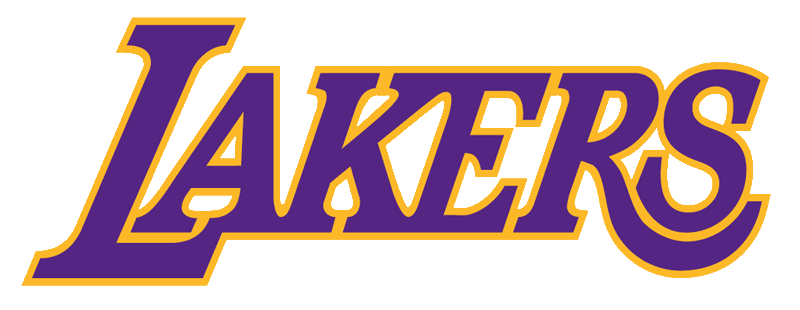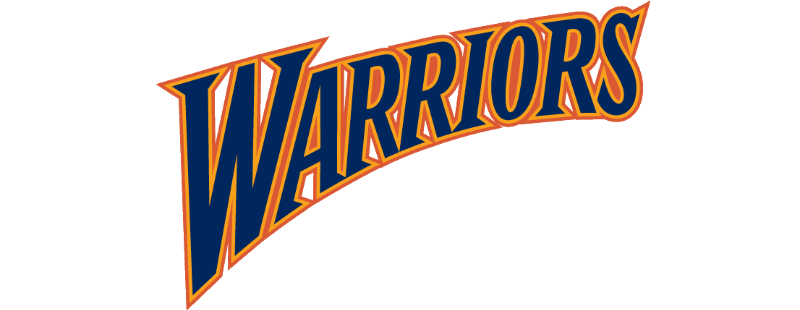Mickelson’s Gambling Losses Come Out
Thursday wasn’t exactly a great day for Phil Mickelson, who saw the extent of his gambling habits become public. In the insider trading case against Billy Walters, court documents show that “Lefty” paid Walters nearly $2 million in gambling debts in Sept., 2012. That may not be the extent of it.
“Mr. Mickelson owed similar debt to Mr. Walters in the past,†prosecutor Brooke Cucinella told the jury.
Where the money came from is a point of contention. The government claims that Mickelson received tips from Walters and made close to $1 million in one trade. Several months later, Mickelson paid Walters $1.95 million.
It’s known that Mickelson purchased $2.4 million worth of Dean Foods stock in July, 2012. A week later, one of Dean Foods’ companies (WhiteWave) had a spin-off that saw Dean Foods stock raise 40 percent. Mickelson immediately cashed out with his earnings of $931,000.
Mickelson made a deal with securities regulators and repaid $1.1 million and was not charged. He was listed on the witness list for the Walters trial, but claimed he would not be called to testify. What he didn’t say at the time is that he knew he wouldn’t be called because he had stated his intention to invoke the Fifth Amendment if he was called.
Phil Mickelson wasn’t charged because of a 2014 ruling by the U.S. Court of Appeals. The court overturned an insider trading decision against a man named Thomas Newman because he was separated, by at least one degree from the original source of inside information.
Even though Mickelson likely knew that Walters’ information was coming from the CEO of Dean Foods, Thomas Davis, he was protected by law. Prosecutors aren’t too happy about it, as U.S. attorney Preet Bharara made clear at Thursday’s press conference.
“Conduct we think is nefarious, and undermines faith in the market and the fairness of the markets, will not be able to be prosecuted because of the Newman decision,” Bharara said.




